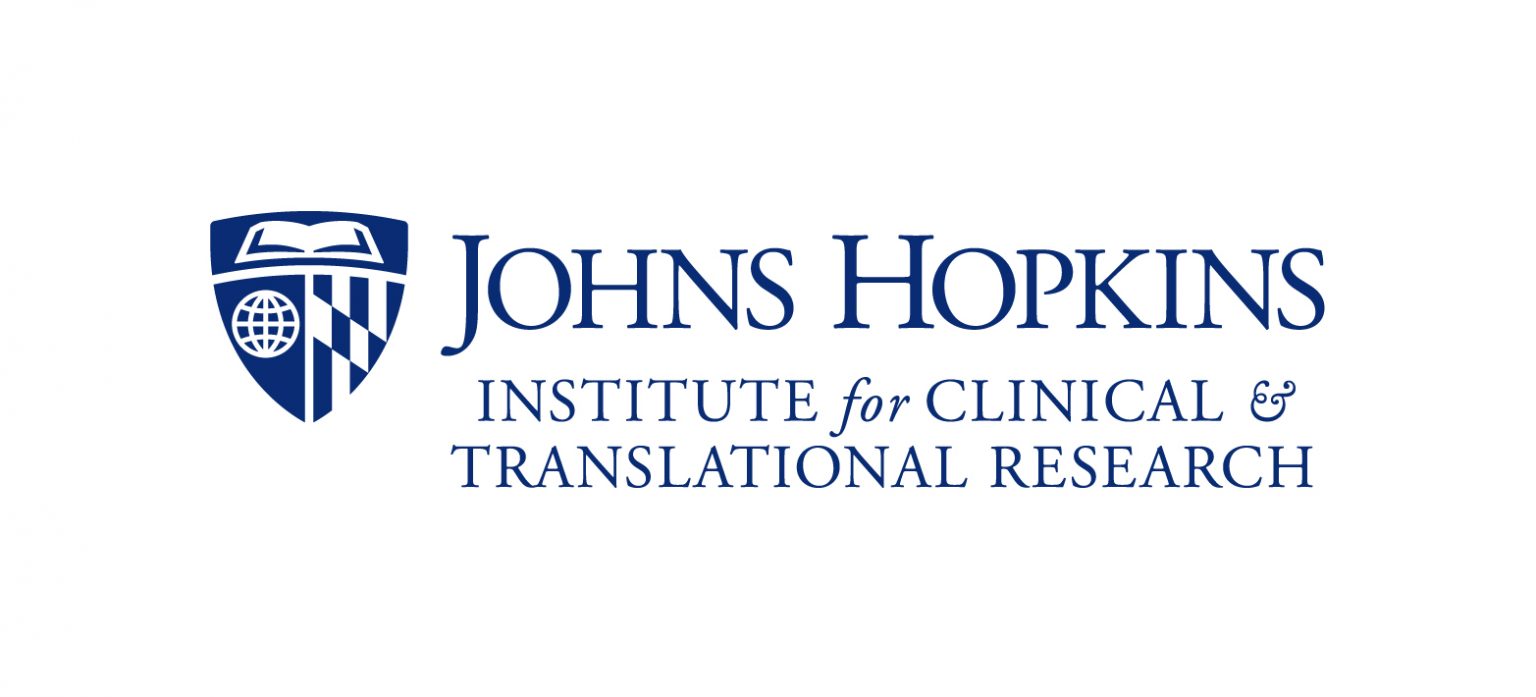RESOURCE REPOSITORITIES
As a member of the JHEM Team, you have access the Johns Hopkins Institute for Clinical and Translational Research (ICTR). The ICTR is an INCREDIBLE NIH-funded resource that provides a wide array of services to assist research teams to complete their work. Click above to learn about all the resources available to you through the ICTR including education, seminars, and support for study planning, study design, data management & data analysis.
SAFE Desktop is a HIPAA-compliant virtual computing environment optimized for research. Each JHU investigator (faculty, staff or student) can receive a free personalized virtual machine that can be accessed from anywhere (requires VPN) and comes with many research programs (eg, STATA, SAS, nVivo and more) already loaded and ready to use.
JHEM Research Vault - Individual JHEM researchers have shared documents from previously successful grant applications to make your application easier and more likely to be successful. Secure access to these files is managed by our Research Administrator, Gideon Avornu.


